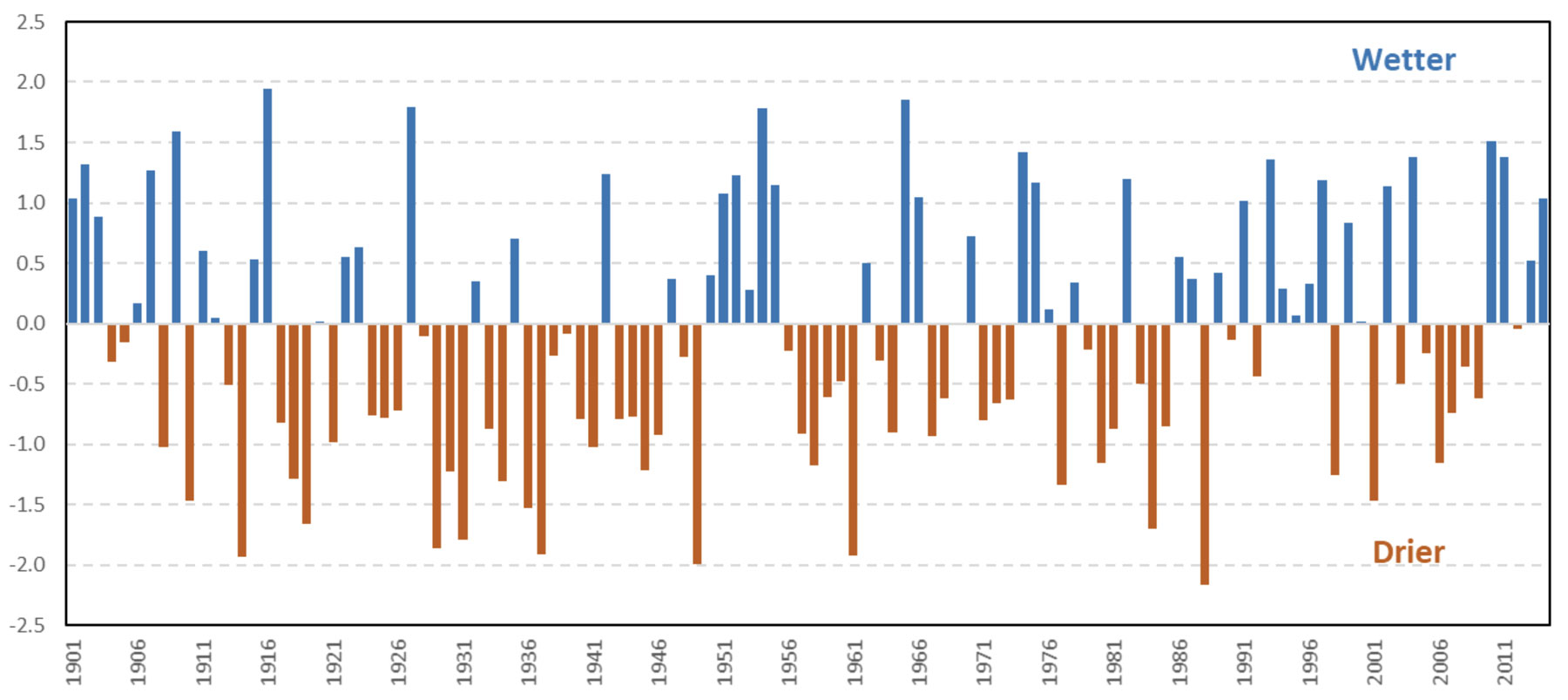Originally posted by AlbertaFarmer5
View Post
I doubt California, the desert southwest,the west coast and the Okanagan would be happy about hotter drier summers considering they are already experiencing record breaking heat waves and drought.

Comment